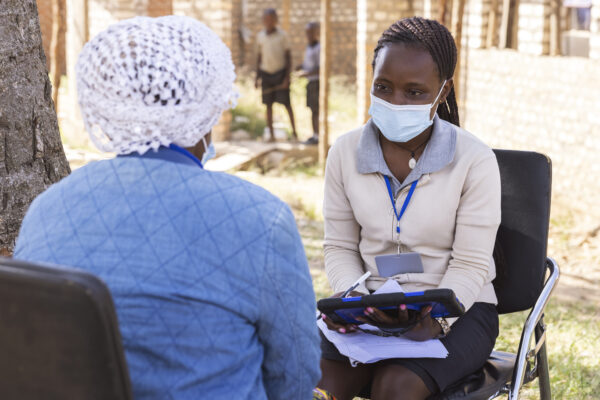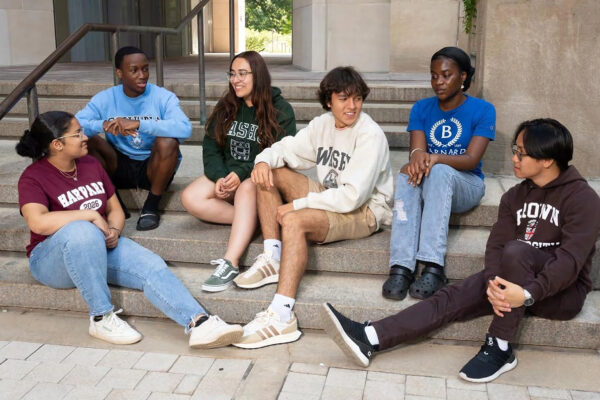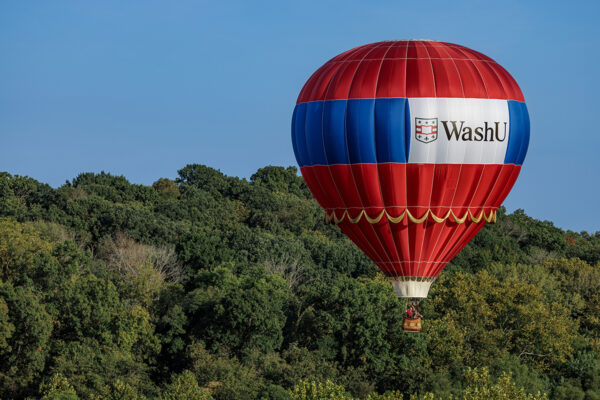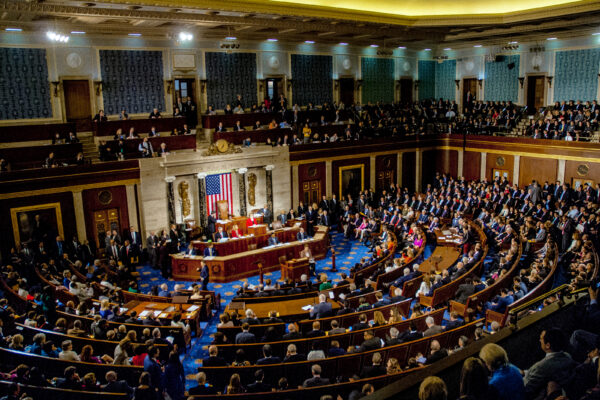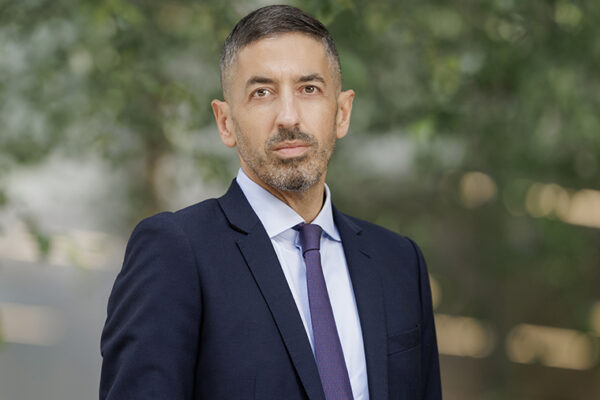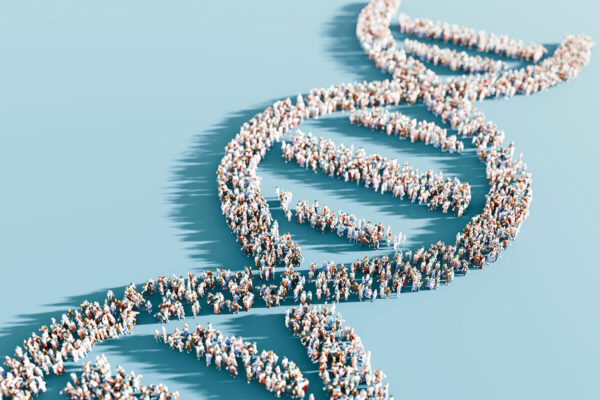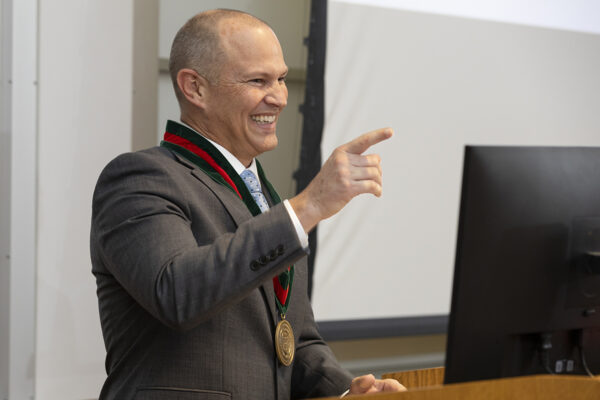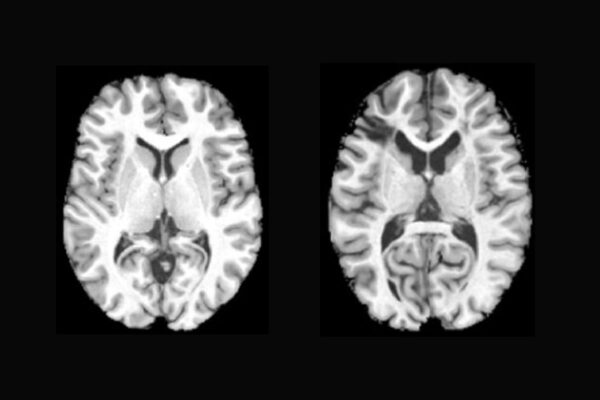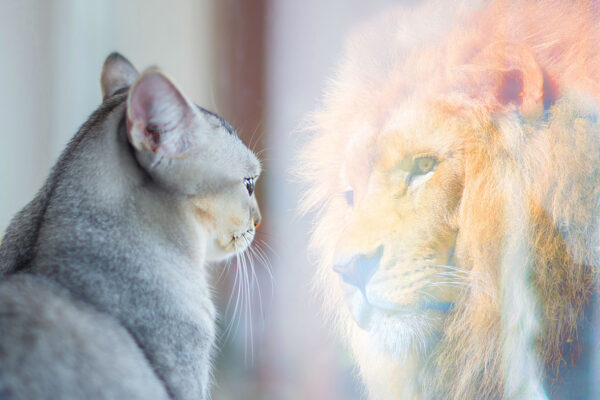Three faculty members awarded $3 million NIMH grant for HIV prevention in Africa
Three WashU faculty members have been awarded a $3 million research grant from the National Institute of Mental Health to address economic and structural barriers associated with access and use of an oral medication to prevent HIV infection.
WashU joins Thrive Scholars College Collaborative
Washington University in St. Louis is strengthening its partnership with Thrive Scholars, a national nonprofit that prepares high-achieving students from communities with limited resources to succeed at the nation’s top universities.
WashU’s economic impact totals $9.3 billion
WashU’s direct and indirect impact to the St. Louis economy in 2024 totaled $9.3 billion, an increase of $500 million. During fiscal year 2024, which concluded June 30, WashU spent $3.9 billion on salaries, construction and purchasing. That money rippled across the region, generating another $5.4 billion in economic activity.
Are female politicians better advocates for their districts?
New research from the Department of Political Science in Arts & Sciences found that women in the U.S. House of Representatives are more likely to emphasize their home districts.
Assembly Series lecture on reimagining public health
Inaugural Dean Sandro Galea, MD, DrPH, will present “Why Health? Reimagining What We Think About When We Think About Health,” as part of the university’s Assembly Series Jan. 29.
$14 million supports work to diversify human genome research
WashU Medicine researchers have received two large grants from the NIH renewing funding for the Human Pangenome Reference Sequencing Project.
Berkland named inaugural Mark and Becky Ruhmann Levin Professor
Cory Berkland has been named the inaugural Mark and Becky Ruhmann Levin Professor in the McKelvey School of Engineering at Washington University.
Study identifies benefits, risks linked to popular weight-loss drugs
People prescribed the popular GLP-1 weight-loss drugs such as Ozempic and Mounjaro may experience benefits such as increased cognitive and behavioral health, according to scientists at WashU Medicine and the Veterans Affairs St. Louis Health Care System. But users may also face increased risks for pancreatitis and kidney conditions, among other illnesses.
Brains of people with sickle cell disease appear older
A new study led by WashU Medicine researchers has found older-looking brains in adults with sickle cell disease, helping to explain the cognitive challenges experienced by such individuals.
Self-management skill, sense of purpose go hand-in-hand
Psychological researchers in Arts & Sciences find self-regulation and social engagement skills can potentially foster a sense of purpose.
View More Stories
